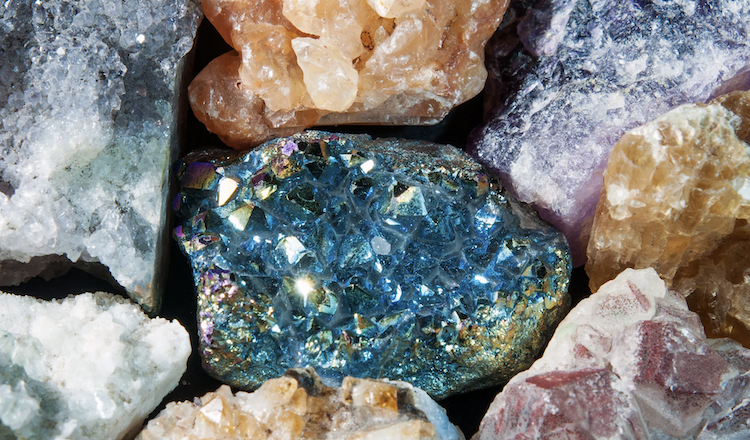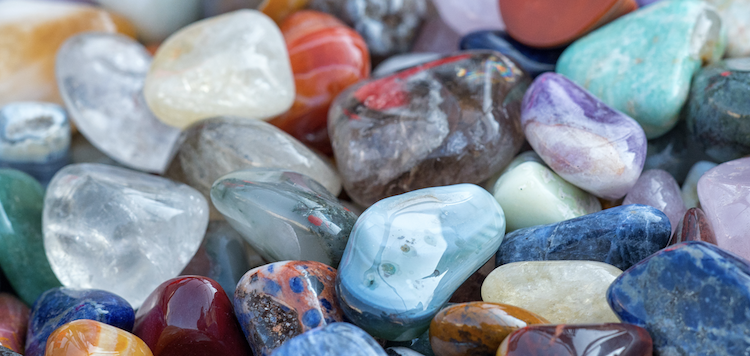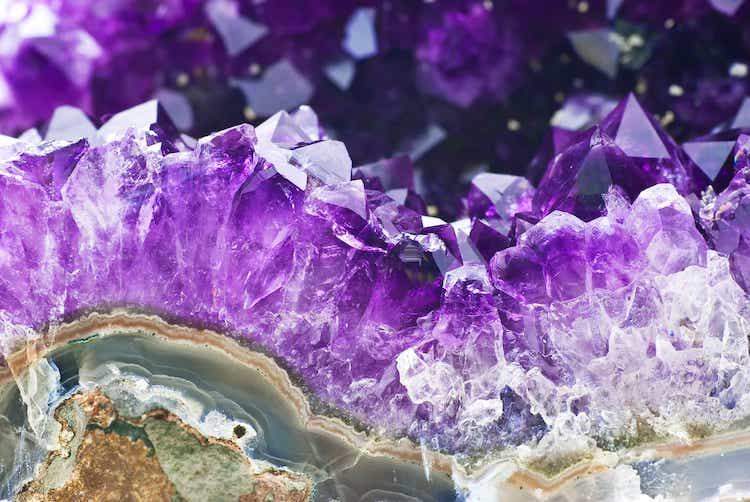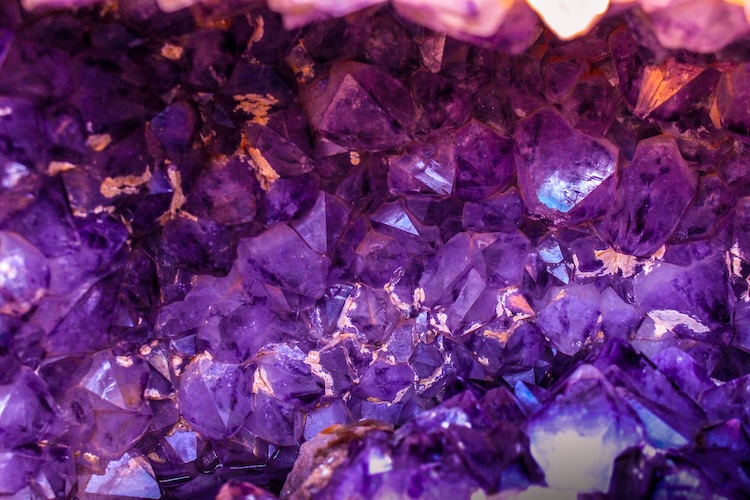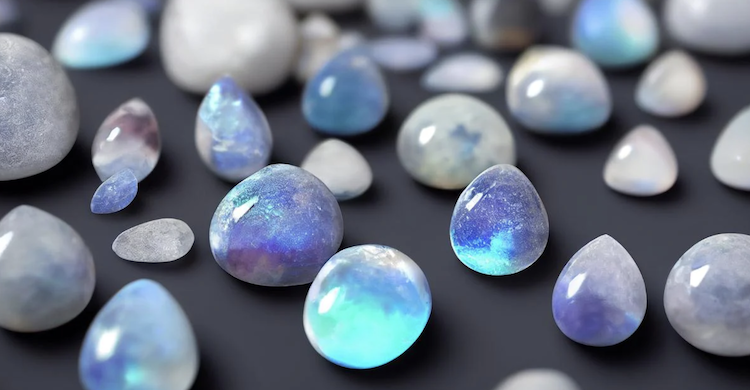Rockhounding Iowa Guide | Locations, Map, and Best Spots
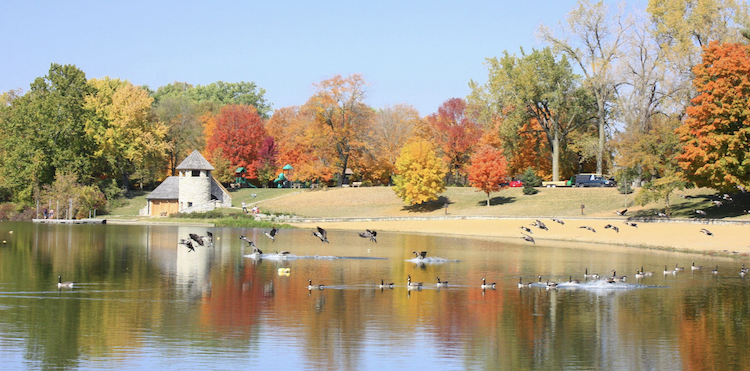
Iowa is a great state to go for rockhounding, thanks to its world-class geodes that are found all across the state. This is a complete rockhounding Iowa guide for you with the best spots to check out.
Iowa, often known for its expansive cornfields and picturesque landscapes, is a magnet for geode-hunters. From crystalline geodes to unique fossils, the state boasts a variety of rockhounding sites that offer a glimpse into its geological history.
Apart from geodes, you can expect to find rare minerals and rocks in the area such as black calcite, coldwater agate, pearls, and a lot more. Whether you are a seasoned rockhound or a beginner, Iowa presents a lot of opportunities.
In this guide, we will explore some of the best rockhounding sites in Iowa and common rocks found in the state that you can unearth.
How We Picked the Top Places for Rockhounding in Iowa
In order to find the best spots in Iowa for rockhounding, we had to consider a lot of things. It can be tough to find the information we need to shortlist the best places. Here are a few things we took into consideration:
- Input from local gem hunting associations and groups.
- The safety of the mining location and the potential hazards.
- The accessibility of the mining spot.
- Private and public locations.
Rocks and Minerals Found in Iowa
Iowa is home to a variety of rocks and minerals. We cannot possibly list all of them, but here are some common rocks that you can find in Iowa:
- Calcite
- Sapphire
- Pearl
- Agate (coldwater agate, Lake Superior agate, moss agates, moonstone)
- Geode
- Quartz
- Jasper
- Chalcedony
- Coral
- Chert
- Limonite
Also, look at our gem mining spots in Kentucky and the best spots to find geodes in Missouri. Also, take a look at the best spots for Alaska Agates.
Our Favorite Spots for Rockhounding in Iowa
Here are some of the top rockhounding locations in Iowa, each with its own distinct mineral.
1. Keokuk Geode Bed
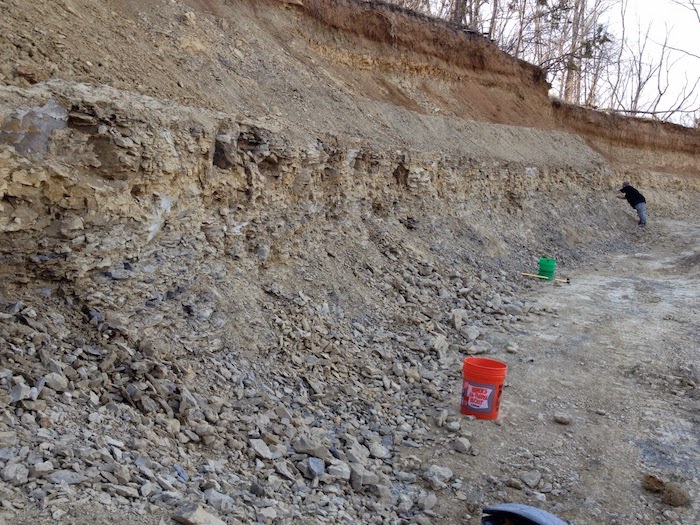
If you want to look for geodes in Iowa, the best place to visit is the Keokuk Geode Bed. It is located in Lee County, Iowa, and is renowned for producing some of the most stunning and sizable geodes in the world.
Geodes are spherical rocks that have a hollow cavity lined with crystals, and the Keokuk Geodes are no exception. The area is famous for its unique and vibrant formations, attracting rockhounds from all over.
The geodes found here are primarily composed of chalcedony, quartz, amethyst, and calcite, often showcasing a beautiful interplay of colors and formations.
You can either participate in organized digs, or you can go there independently. Collection of geodes in the Keokuk Geode Bed is permissible. Make sure to check out the gravels of the Des Moines River in the area as well.
2. Bells Mill Park
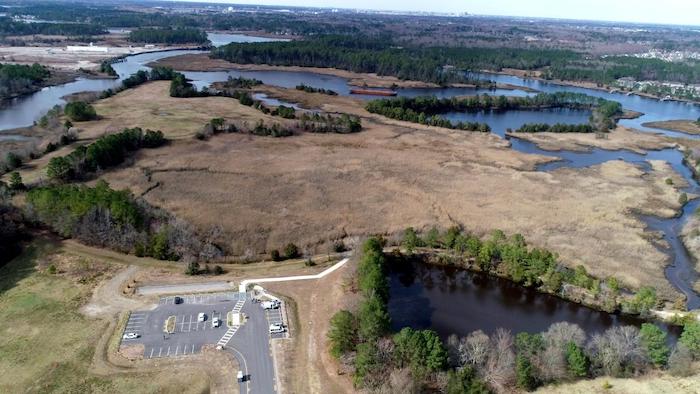
Situated in Harrison County, Bells Mill Park is a lesser-known gem that offers a diverse range of rocks and minerals. The park features a mix of exposed rock formations and riverbeds, providing a fertile ground for exploration.
You can find agates, fossils, and various sedimentary rocks in this scenic location. The area is particularly famous for its large black calcite crystal deposits.
Bells Mill Park is an excellent destination for those seeking a peaceful rockhounding experience amidst nature. It has wooded trails, and flowing streams where you can find precious rocks scattered throughout the park.
3. Honey Creek State Park
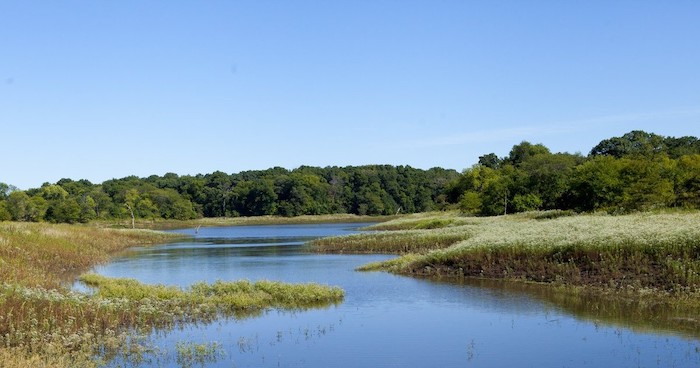
Honey Creek State Park is located along the shores of Rathbun Lake in Appanoose County. It is a haven for rockhounding enthusiasts seeking diverse geological specimens.
The park’s varied landscape, including wooded areas, creek beds, and shoreline exposures, provides a rich assortment of rocks, minerals, and fossils. Here you can discover a range of colorful agates, geodes, and fossilized marine life.
The park’s accessible trails make it easy for collectors to explore different geological formations and unearth hidden gems. Collection in the park is permissible.
4. Mud Creek near Lowell
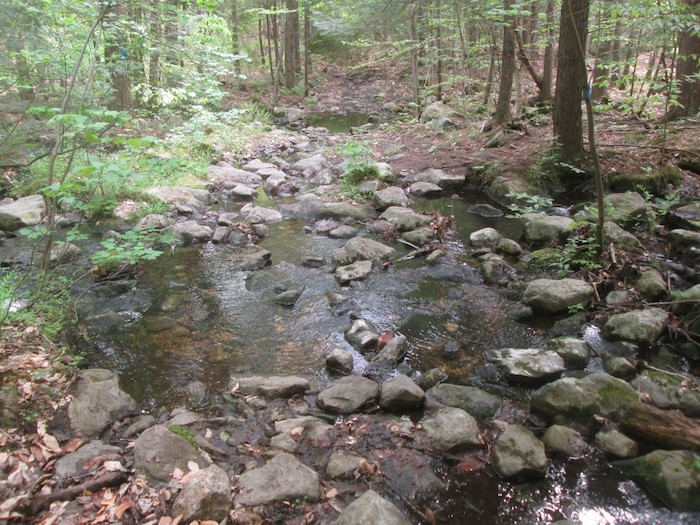
Mud Creek, located near Lowell in Mahaska County, is a lesser-known but promising rockhounding site in Iowa. The creek’s meandering path has exposed various sedimentary rocks, creating an opportunity for collectors to find interesting specimens.
It is particularly known for its fossilized brachiopods, crinoids, and other marine remnants from ancient times. The creek also has plenty of Keokuk geodes scattered across the streambeds.
Here you can enjoy the peaceful ambiance of the area while searching for fossils embedded in the creek bed.
5. Orient
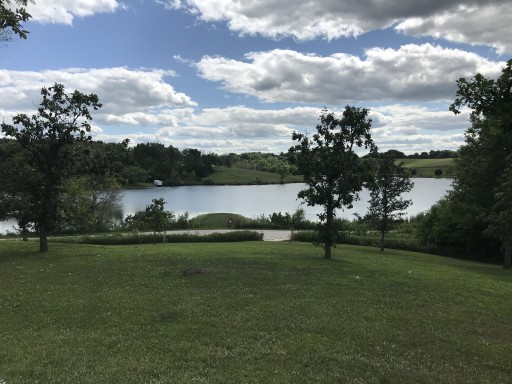
The town of Orient, located in Adair County, is a noteworthy rockhounding destination in Iowa, primarily known for its abundance of geodes.
Geodes found in the Orient are typically smaller in size compared to those in Keokuk but are equally captivating. You can discover a variety of geodes embedded in the local sedimentary rocks.
Here you can find:
- Agate
- Geodes
- Quartz crystals
- Petrified wood
6. Shell Rock
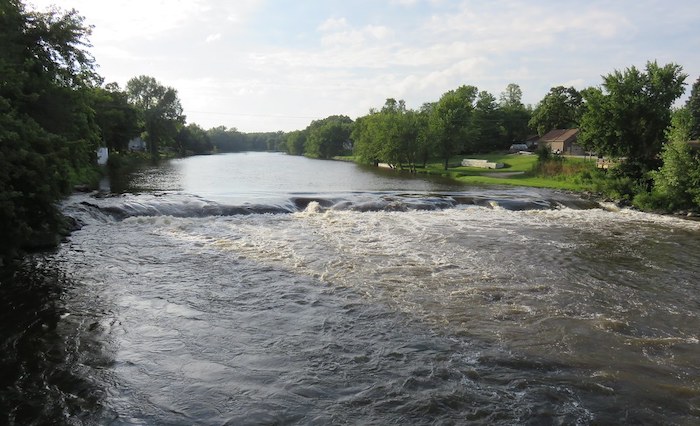
Shell Rock, situated in Butler County, is a hidden gem that offers a unique rockhounding experience in Iowa. The site is known for its fossil-rich deposits, providing collectors with the opportunity to find ancient marine life remnants.
Fossils of brachiopods, crinoids, and cephalopods can be discovered in the exposed rock layers, showcasing the state’s geological diversity.
Shell Rock is famous for its Lake Superior Agates. Make sure to search for agates in creek beds, and exposed outcrops across the area.
7. Muscatine
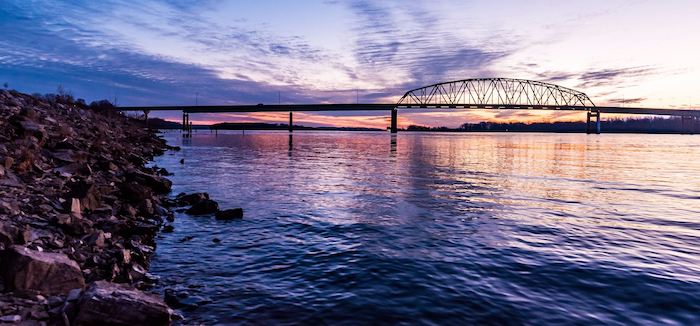
Muscatine, located along the Mississippi River in Muscatine County, is a rockhounding destination known for its unique blend of geodes and agates.
The area’s riverbanks and gravel bars provide ample opportunities for collectors to find geodes with quartz and calcite crystals, as well as agates with distinctive banding patterns.
You can explore the riverbanks of the Mississippi River while searching for geodes and agates. Rocks and minerals found in the area are:
- Pearl (pink, red, gold)
- Agate (Moss, Lake Superior, Sagenitic)
- Quartz crystals
- Geodes
- Chalcedony
Other Rockhounding Spots in Iowa
Iowa is home to rare rocks and minerals that are scattered throughout the state. Apart from our top spots mentioned above, here are some other rockhounding sites in Iowa and what you can find there:
- West Okoboji Lake – Sapphire
- Iowa River – Geodes, Quartz
- Mount Pleasant – Chert (gem-quality)
- Bremer – Coldwater Agate
- Fremont County – Fossilized coral
- Red Oak – Chert
- Nevada – Agate
- Graettinger – Agate, Jasper, Petrified Wood
- Harper’s Ferry – Pearls
- Black Hawk County – Coldwater Agate
- Riverview Recreation Area – Geodes
- Clayton County – Galena, Pyrite, Limonite
- Fayette County – Lake Superior Agates
- Eldora – Geodes
- Steamboat River – Geodes (quartz)
- Bellevue – Agate, Carnelian, Moonstone, Jasper
- Pershing – Calcite (long crystals)
(Source: Rockhoundingresource)
Tips for a Successful Rockhounding Trip in Iowa
- Research and Preparation: Before embarking on a rockhounding adventure, conduct thorough research on the specific minerals and fossils found in each location. Familiarize yourself with the geological history of the area to enhance your understanding of what to look for.
- Safety First: Always prioritize safety during rockhounding expeditions. Wear appropriate gear, including sturdy shoes, gloves, and safety glasses.
- Tools: Pack essential rockhounding tools, such as a rock hammer, chisels, a magnifying glass, and containers for collecting specimens. A field guidebook specific to the minerals and rocks in the region can be a valuable resource.
- Time of your visit: Consider the time of year and weather conditions when planning your rockhounding excursion. Some sites may be inaccessible or less enjoyable during certain seasons, so plan accordingly for the best experience.
- Respect the environment: Leave no trace and respect the natural environment. Follow ethical collecting practices, and avoid damaging vegetation or disturbing wildlife. Adhere to any regulations or guidelines set by the landowners or authorities.
Is Rockhounding Legal in Iowa?
Yes, rockhounding is considered a legal activity in Iowa. However, there are some places in the state, like Geode State Park, where no collecting is allowed.
Therefore, it is important to make sure of the laws regarding all locations before venturing there for rock hunting. The Iowa Department of Natural Resources (DNR) governs the collection of rocks and minerals on public lands.
Also, keep in mind that collection of rocks on private land is not allowed unless you have a permit from the owner. Doing proper research on the laws and regulations before collecting rocks and minerals in Iowa is advisable.
Conclusion
Iowa is a hidden gem for rockhounds with its diverse and captivating geological wonders. From the famous Keokuk Geode Beds to the lesser-known gems like Mud Creek, the state offers plenty of spots for you to explore.
So, pack your gear, put on your walking shoes, and embark on a rockhounding adventure through the heart of Iowa. But before you embark on your journey, make sure to get all the necessary permits for collection. Happy hunting!
